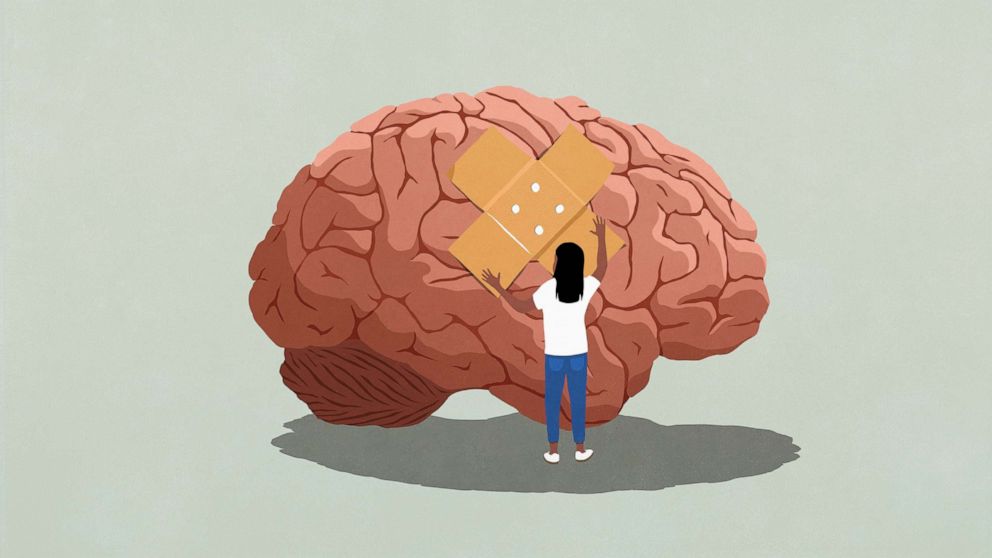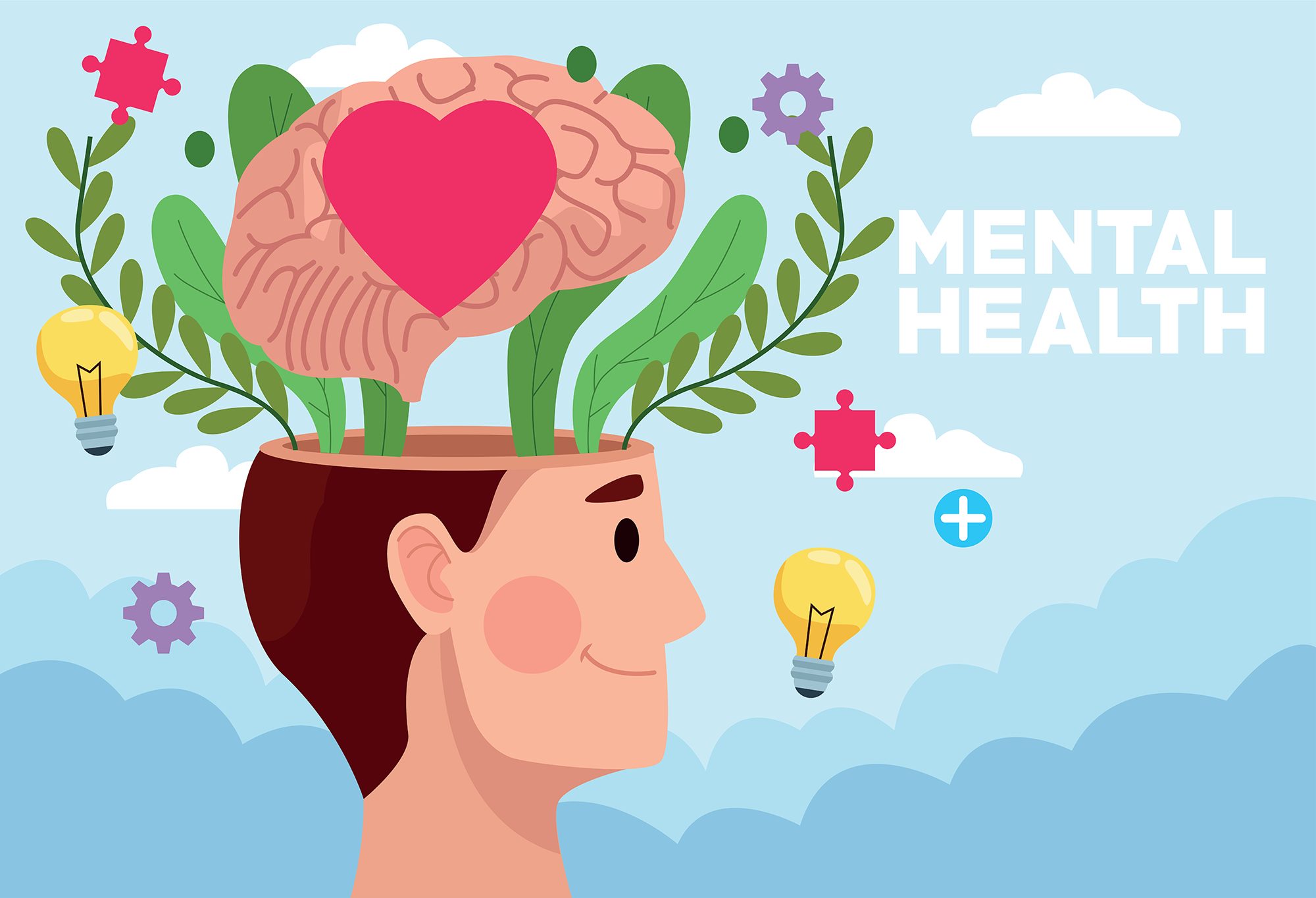Mental health has historically been a challenging frontier in medicine, but recent advances are offering new hope. As technology and science evolve, so too do our methods for understanding and treating mental health conditions. This article explores some of the most promising mental health advances that are shaping the future of care.
Personalized Medicine: Tailoring Treatments to Individuals
One of the most significant mental health advances is the move toward personalized medicine. This approach tailors treatment plans to the individual, considering their unique genetic makeup, lifestyle, and environmental factors. Personalized medicine aims to improve treatment efficacy and reduce side effects by using data-driven insights.
Genetic Testing
Genetic testing can now help predict how a patient will respond to certain medications. For example, pharmacogenomics studies how genes affect a person’s response to drugs. This can be particularly useful in mental health, where finding the right medication often involves a trial-and-error process. By understanding a patient’s genetic profile, healthcare providers can prescribe the most effective medication from the start, reducing the time and emotional toll of finding the right treatment.
Biomarkers
Biomarkers are biological indicators that can be measured to assess health conditions. Advances in neuroimaging and blood tests have led to the identification of biomarkers for various mental health disorders, such as depression and schizophrenia. These biomarkers can help in early diagnosis and monitoring treatment effectiveness, making mental health care more precise and proactive.
Digital Therapeutics: The Future of Accessible Care
Digital therapeutics are another groundbreaking development in mental health advances. These are evidence-based therapeutic interventions driven by high-quality software programs to prevent, manage, or treat medical conditions.
Mobile Apps
Mobile apps for mental health have proliferated in recent years, offering tools for managing stress, anxiety, and depression. These apps often include features like mood tracking, guided meditation, and cognitive-behavioral therapy (CBT) exercises. They provide immediate, on-the-go support and can be a valuable supplement to traditional therapy.
Virtual Reality (VR)
Virtual reality is being used to treat conditions like PTSD and anxiety disorders. VR can create controlled environments where patients can confront and manage their fears in a safe space. For instance, a person with social anxiety can practice public speaking in a virtual auditorium, gradually building confidence and reducing anxiety.
Teletherapy
The COVID-19 pandemic accelerated the adoption of teletherapy, making mental health services more accessible. Teletherapy allows patients to receive care from the comfort of their homes, breaking down barriers like distance and transportation. Studies have shown that teletherapy can be as effective as in-person sessions, making it a viable option for ongoing mental health care.
Psychedelic-Assisted Therapy: A New Paradigm
Psychedelic-assisted therapy is emerging as one of the most exciting mental health advances. Substances like psilocybin (found in magic mushrooms) and MDMA (commonly known as ecstasy) are being studied for their potential to treat conditions like PTSD, depression, and anxiety.
Psilocybin
Research has shown that psilocybin can produce significant and lasting improvements in patients with treatment-resistant depression. In controlled settings, psilocybin therapy involves guided sessions where patients take the substance under professional supervision. The experience can lead to profound psychological insights and emotional breakthroughs, promoting long-term mental health.
MDMA
MDMA-assisted therapy is showing promise in treating PTSD. The substance helps patients revisit traumatic memories without the overwhelming fear and anxiety that typically accompany them. This allows for more effective processing and integration of traumatic experiences, leading to lasting relief from PTSD symptoms.

Neurostimulation Techniques: Rewiring the Brain
Neurostimulation techniques are another area of rapid development in mental health advances. These methods involve stimulating specific brain regions to alleviate symptoms of mental health disorders.
Transcranial Magnetic Stimulation (TMS)
TMS uses magnetic fields to stimulate nerve cells in the brain. It is primarily used to treat depression, especially in patients who have not responded to traditional treatments. TMS is non-invasive and has fewer side effects compared to medication, making it an attractive option for many patients.
Deep Brain Stimulation (DBS)
DBS involves implanting electrodes in specific brain areas to regulate abnormal activity. While it is more invasive than TMS, DBS has shown promise in treating severe cases of depression and obsessive-compulsive disorder (OCD). Ongoing research aims to refine this technique and expand its applications.
Integrative Approaches: Combining Traditional and Alternative Therapies
Integrative approaches that combine traditional and alternative therapies are gaining traction as effective mental health advances. These methods focus on treating the whole person, addressing physical, emotional, and spiritual well-being.
Mindfulness and Meditation
Mindfulness and meditation practices are increasingly incorporated into mental health treatment plans. These practices can reduce stress, improve emotional regulation, and enhance overall well-being. Techniques like mindfulness-based stress reduction (MBSR) and mindfulness-based cognitive therapy (MBCT) are supported by a growing body of research.
Nutritional Psychiatry
Nutritional psychiatry explores the connection between diet and mental health. Emerging evidence suggests that a healthy diet can improve mood and cognitive function. Nutritional interventions are being used to complement traditional treatments, offering a holistic approach to mental health care.
Conclusion: A Future of Hope and Healing
The landscape of mental health treatment is evolving rapidly, driven by scientific and technological advancements. From personalized medicine and digital therapeutics to psychedelic-assisted therapy and neurostimulation techniques, these mental health advances offer new avenues for effective and accessible care. As research continues to uncover the complexities of the human mind, the future of mental health treatment looks promising, offering hope and healing to millions around the world.
These innovations are not just about treating symptoms but understanding the root causes of mental health conditions and addressing them in a comprehensive, individualized manner. As we continue to explore and embrace these new frontiers, the goal remains clear: to improve the quality of life for those affected by mental health disorders and to build a more compassionate and effective mental health care system.




